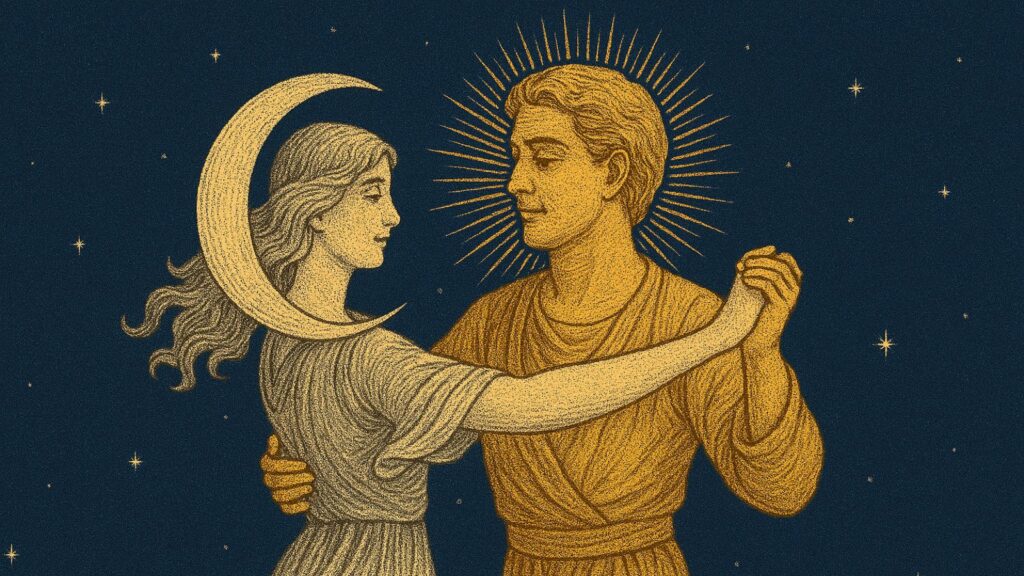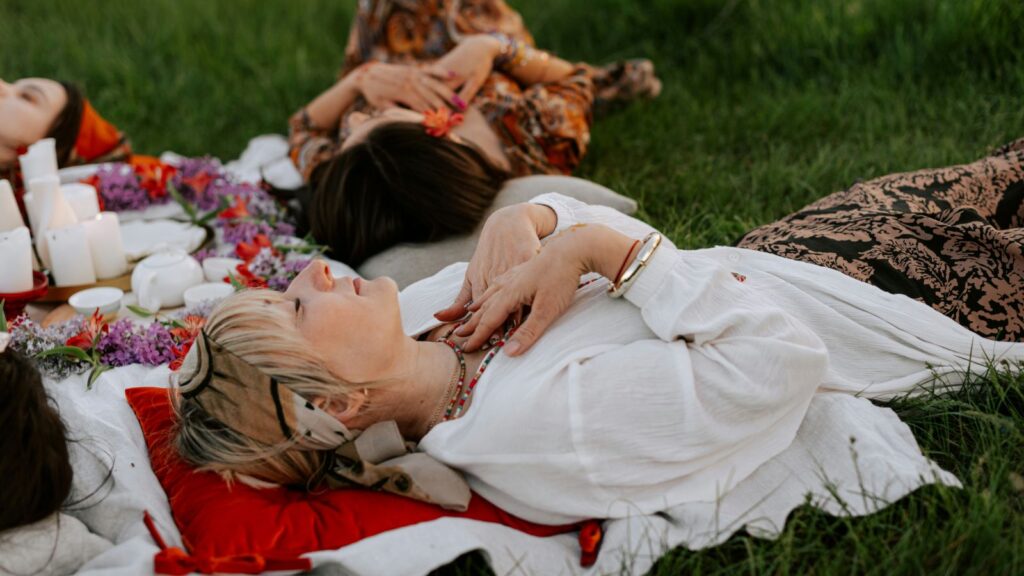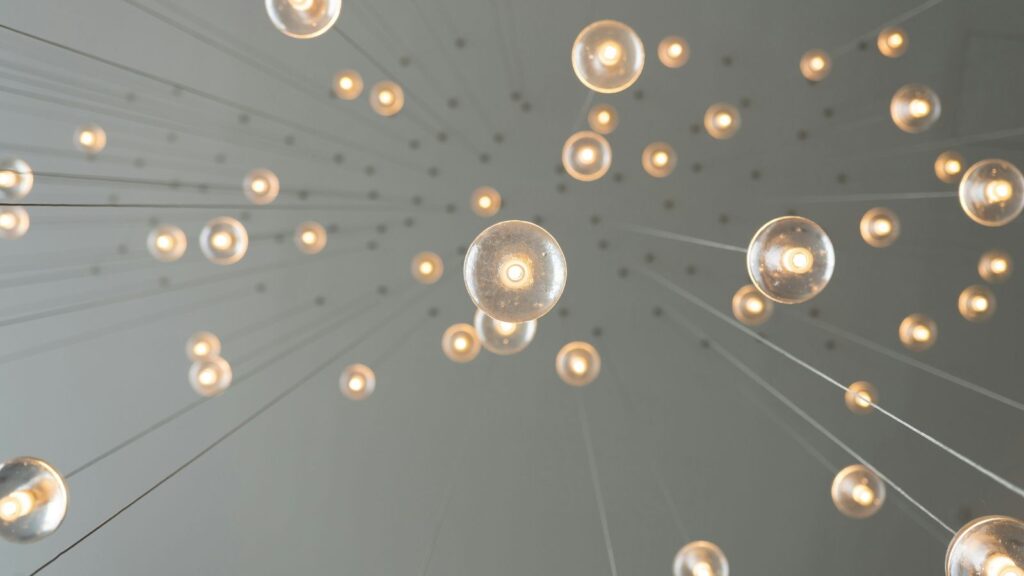When we consider the so-called "placebo effect," we should realize that it is not something mysterious that merely happens on its own. It is something we do with our minds that effects our bodies. To be more accurate: we placebo. To placebo is a verb. Our minds plus our bodies do this, and like any other human activity we can speak of placeboing. When looked at this way, we can ask: How do we placebo? and Can we learn placeboing more skillfully?
A clue comes from studies of stress and emotions in the immune system. It is widely known that negative emotions and stressful life events weaken the immune system, while positive emotions and life events strengthen it. Since positive life events strengthen our immune system, here is a clue to learning to placebo
A common healing cluster of positive feelings and thoughts accompany many instances of spontaneous remission and spiritual healing. These include feelings of exceedingly positive mood, being cared for in the hands of a loving power, dropping stress, feelings of sacredness, feeling at home in the world, among others. Thoughts include a sense of temporarily transcending one's identity, forgiving oneself and others, overwhelming gratitude, and increased sense of reality — this is the way things really are and ought to be.
If we can reproduce this cluster, we will be on the way to learning to placebo. Various mindbody techniques including meditation, imagery, contemplative prayer, yoga, the martial arts, breathing techniques, hypnosis, and chanting all suggest a yes answer to this question, and more research to follow these apparent leads may lead to learning how to use these mindbody methods to increase our placeboing skills by strengthening our immune systems.
Do examples of extreme positive emotional states produce extreme healing? The recent flurry of articles about current research into exploring the psychotherapeutic use of psychedelics for post traumatic stress disorder, death anxiety, and other disorders show that these substances are successful when they produce states of unitive consciousness (mystical experiences) and not successful when they do not.
Lost in this discussion is that fact that mystical experiences are the most powerful emotionally positive experiences humans can have, and if normal daily positive events boost the immune system somewhat, do these strongest positive experiences boost it a great deal?
Can this spontaneous cluster of healing thoughts and feelings be recreated in a medical setting? As a 2008 Johns Hopkins study of psilocybin induced mystical experiences showed, under the right conditions and with careful screening, preparation, and professional guidance, psychedelic sessions can produce mystical experiences and a similar cluster of emotions and experiences in normal, healthy, adult volunteers. In a 14-month following up, volunteers' comments illustrated this healing cluster:
- The utter joy and freedom of letting go-without anxiety-without direction- beyond ego self.
- The understanding that in the eyes of God-all people-were equally important and equally loved by God.
- When I confronted my shadow and yelled "What do you want?" and it disappeared in a puff smoke.
Among the other outcomes were positive mood changes, improved sense of well-being and life satisfaction, positive attitudes about life and/or self, and altruistic social effects. About two-thirds of healthy adults rated as one of the five most important spiritual experiences of their lives, including about one-third who rated them as the single most important spiritual experience of their lives. However, the researchers did not measure possible effects on the immune system.
A question on placeboing: Do overwhelmingly powerful peak experiences stimulated by psychedelics as part of professionally guided sessions boost the immune system?
A possible major advance in mindbody health awaits an answer.
Image by bluwinx15, courtesy of Creative Commons license.













